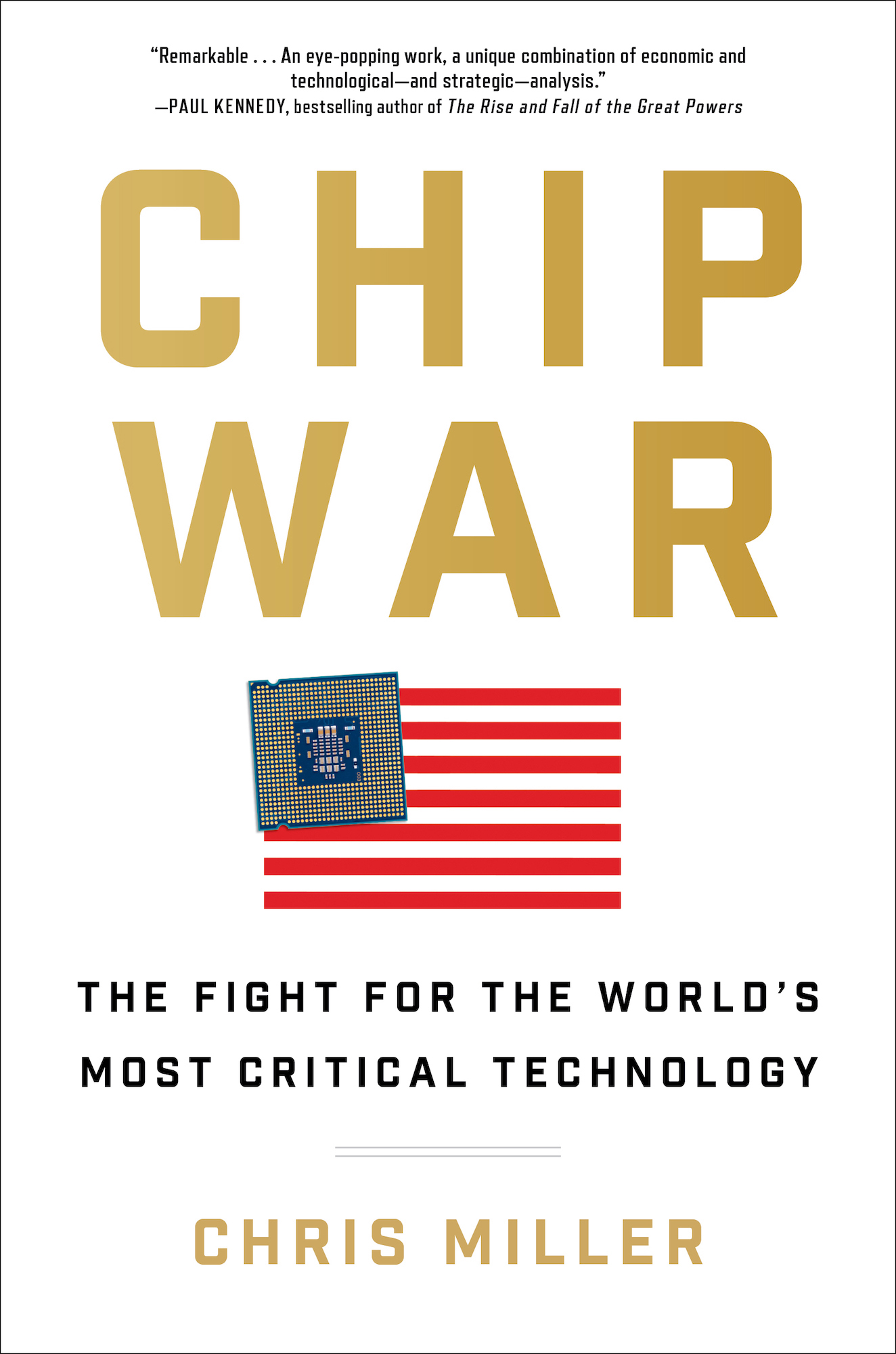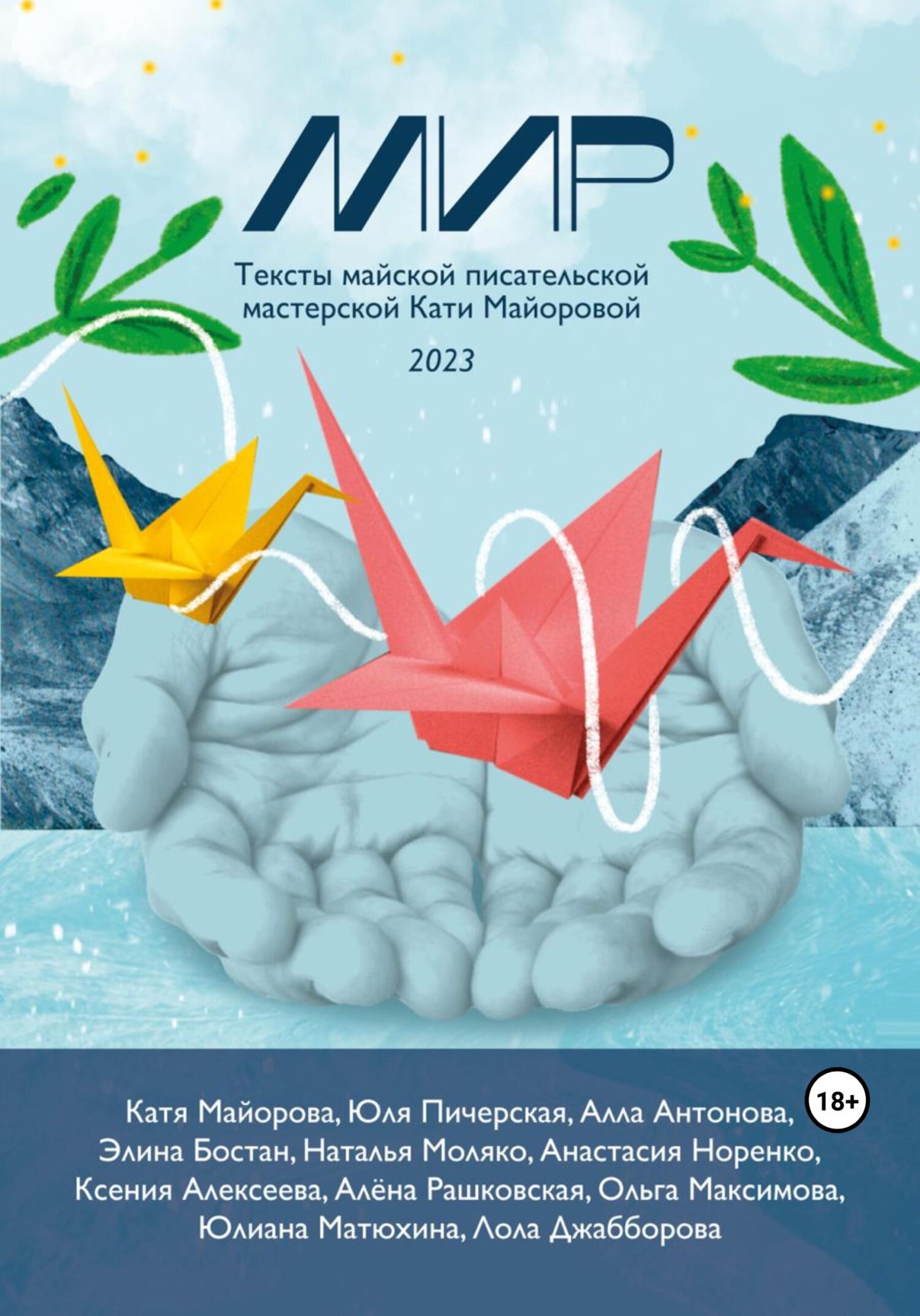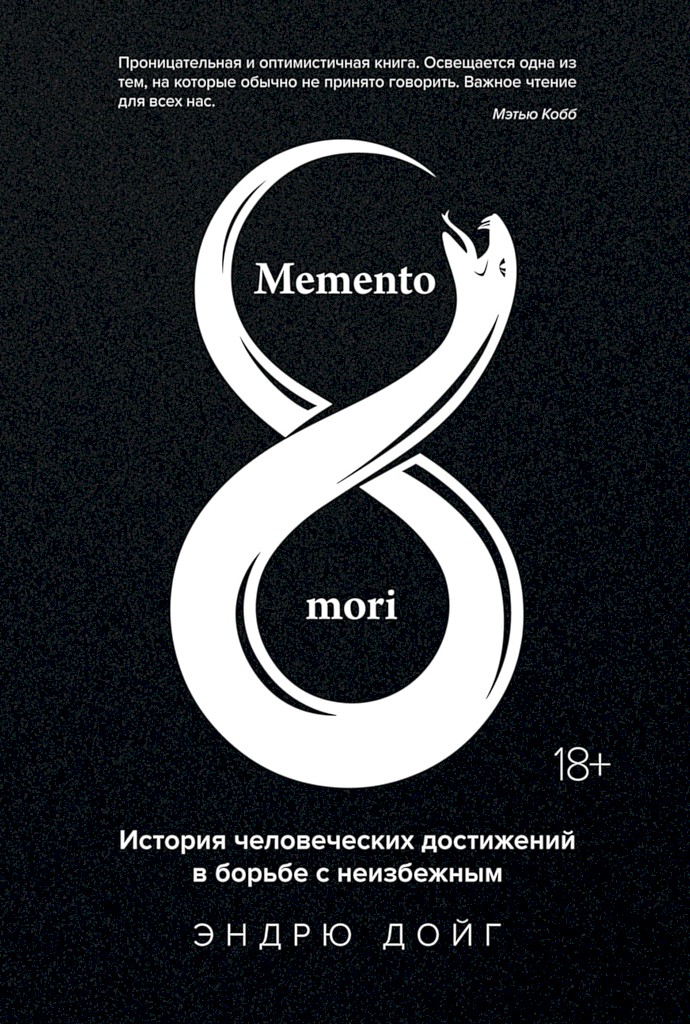Книга Зачем мир воюет. Причины вражды и пути к примирению - Кристофер Блаттман
На нашем литературном портале можно бесплатно читать книгу Зачем мир воюет. Причины вражды и пути к примирению - Кристофер Блаттман полная версия. Жанр: Книги / Разная литература. Онлайн библиотека дает возможность прочитать весь текст произведения на мобильном телефоне или десктопе даже без регистрации и СМС подтверждения на нашем сайте онлайн книг knizki.com.
Шрифт:
-
+
Интервал:
-
+
Закладка:
Сделать
Перейти на страницу:
Перейти на страницу:
Внимание!
Сайт сохраняет куки вашего браузера. Вы сможете в любой момент сделать закладку и продолжить прочтение книги «Зачем мир воюет. Причины вражды и пути к примирению - Кристофер Блаттман», после закрытия браузера.
Книги схожие с книгой «Зачем мир воюет. Причины вражды и пути к примирению - Кристофер Блаттман» от автора - Кристофер Блаттман:
Комментарии и отзывы (0) к книге "Зачем мир воюет. Причины вражды и пути к примирению - Кристофер Блаттман"
























